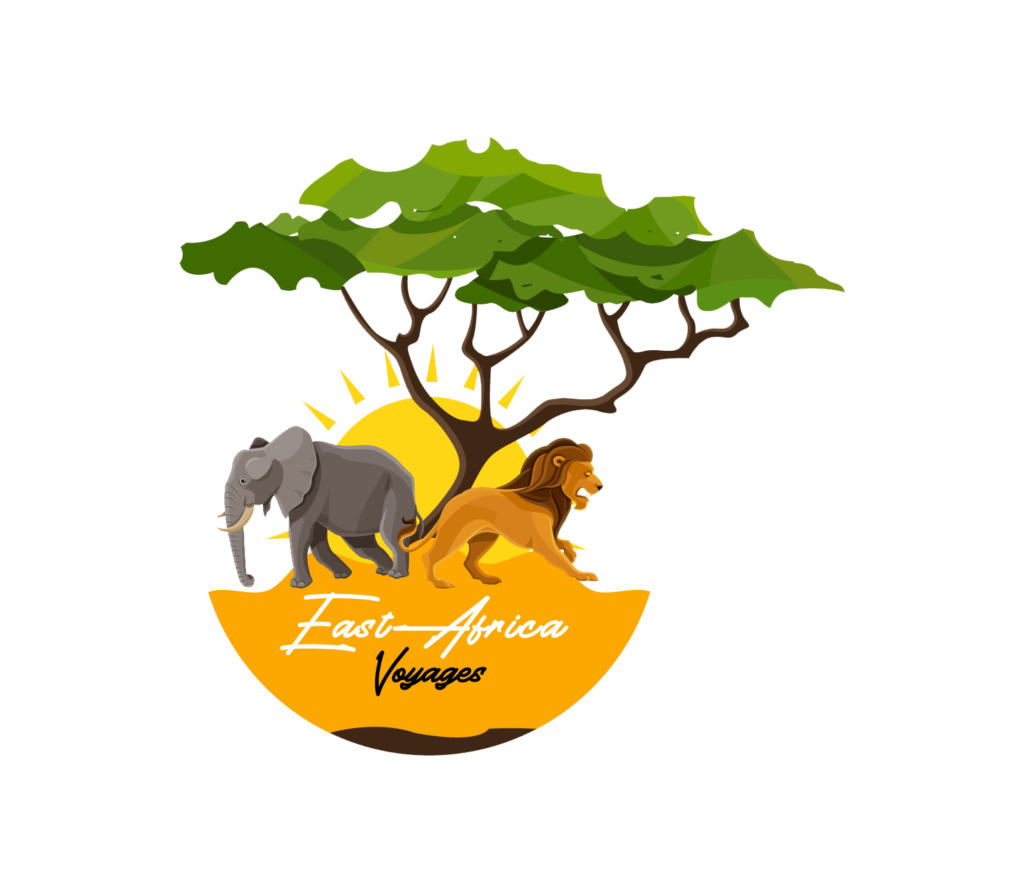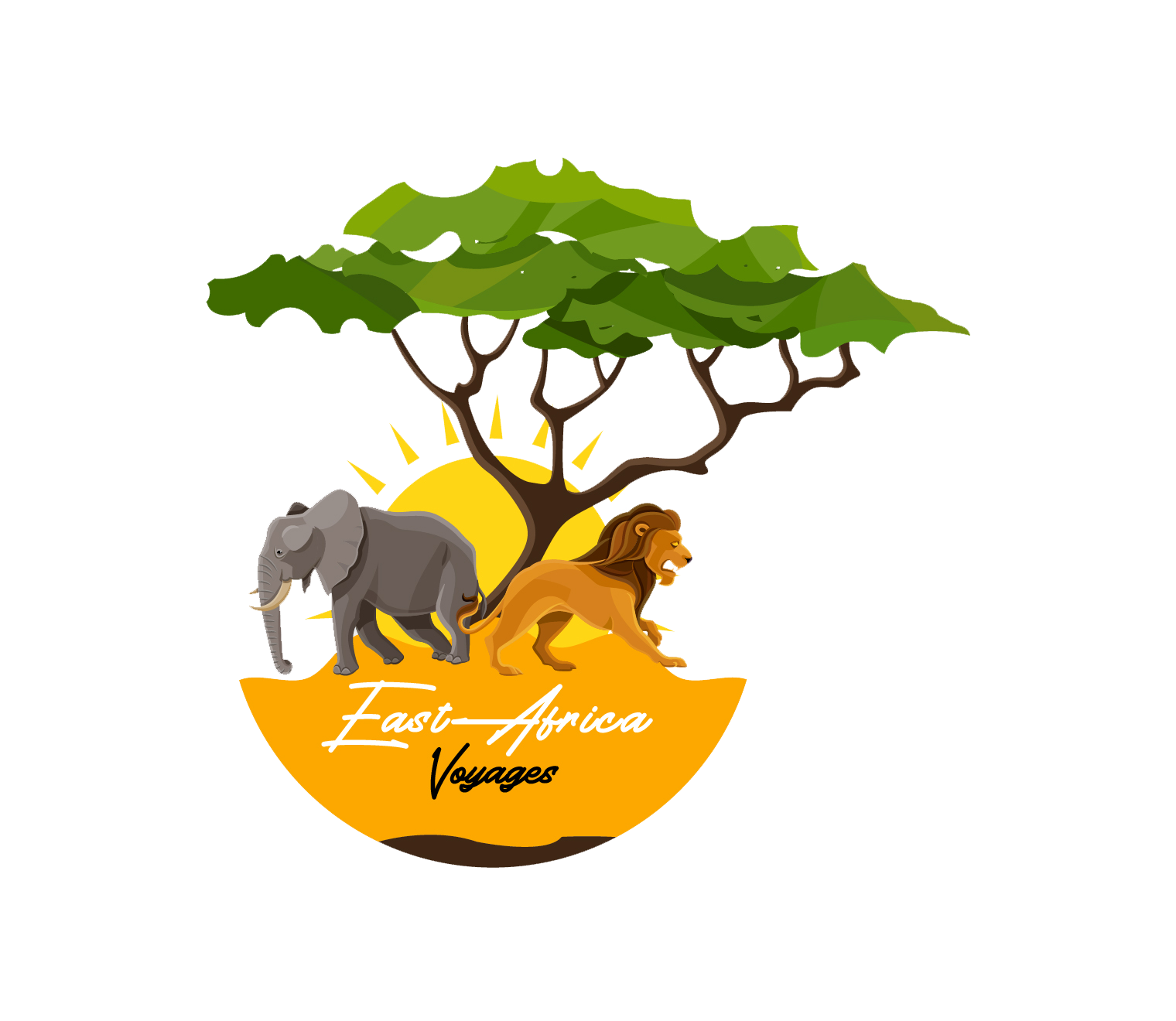The tourism and travel industry has been helping drive world economies over the years. With people traveling across the globe for business and leisure, airports have been making cities to thrive. This is until the outbreak of Covid-19 that has brought economies to their knees.
Travel tourism has been severely affected, with global and local markets having all been shut down and governments around the world in dire strain trying to strike a balance between keeping their economies going, avoiding unemployment and deprivation of the poor while trying to respond to public health essentials.
Tourism biggest casualty
Indeed, the tourism industry has been one of the biggest economic casualties of the COVID-19 virus. Millions of jobs worldwide have been lost. Airlines have shut down with some even announcing voluntary retirement for its staff.
This said, the hospitality industry is playing a major role in creating solutions to defeat the virus worldwide Italy, which has been one of the hardest hit has had to convert hotels to function as hospitals. Locally, the industry is playing its role by proving food to frontline healthcare workers to ensure that they are comfortable as they play the critical role of fighting Covid-19.
Going forward, the industry must re-think its strategy to ensure that it sustains during the crisis period and to also ensure that the recovery period is much shorter once the virus is eliminated.
The tourism industry just like other sectors will not be ‘business as usual’. Private, public stakeholders in the tourism industry both in Kenya and internationally will have to rethink the measures to adapt in order to save the industry once this COVID-19 is eliminated.
Below are some of the proposed possible areas to explore in order to keep your business running.
1.Domestic and Regional Tourism– This is the market to go for as a cushion to the industry. it is resilient and a springboard to re-rebuild tourist confidence. International tourism will experience a slump but that may not be in the short term. Domestic and regional tourism will be the first point of call.

2.Partnerships – Strong mutually beneficial partnerships that will drive sustainable value, growth and impact for the destination. Consider partnership with other like-minded partners or stakeholders both in the industry or non-industry.

This is the time for collaboration. Collaboration and cooperation are necessary for hotels and all other players in the industry. The current lockdown period can be used to establish or reinforce good collaborative practices and strategies for the industry.
3. Digitizing of resources– Kenya will keep its name on the tourism map by organizing virtual events to showcase cultural and heritage resources such as the Great Wildebeest Migration and our culture. Get back to your business using digital means.

4. People Matter– The tourism industry depends on people; the industry will require to reimagine what sustainable tourism for Kenya and Africa is. Communities are critical to the growth of tourism.

5. Role of data analysts– Rely on research-based, data-driven ideas and solutions to support the data will help you and stakeholders make informed decisions. The data will support new creativity and new opportunities that will be created in the recovery stages. So keep tabs on tourism and travel insights from bodies such as UNWTO






